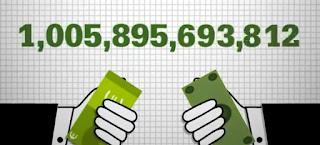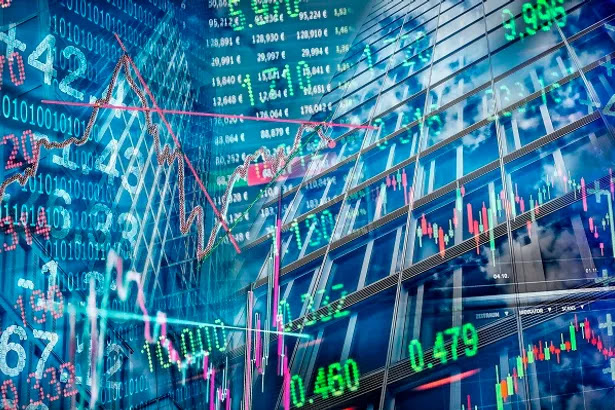Forex Market Definition
What is the Forex Market
The forex market is the market in which participants can buy, sell, exchange, and speculate on currencies. The forex market is made up of banks, commercial companies, central banks, investment management firms, hedge funds, and retail forex brokers and investors. The currency market is considered to be the largest financial market with over $5 trillion in daily transactions, which is more than the futures and equity markets combined.
Basics of Forex Market
The foreign exchange market is not dominated by a single market exchange, but a global network of computers and brokers from around the world. Forex brokers act as market makers as well, and may post bid and ask prices for a currency pair that differs from the most competitive bid in the market.
The forex market is made up of two levels; the interbank market and the over-the-counter (OTC) market. The interbank market is where large banks trade currencies for purposes such as hedging, balance sheet adjustments, and on behalf of clients. The OTC market is where individuals trade through online platforms and brokers.
Operating hours
From Monday morning in Asia to Friday afternoon in New York, the forex market is a 24-hour market, meaning it does not close overnight. This differs from markets such as equities, bonds, and commodities, which all close for a period of time, generally in the New York late afternoon. However, as with most things there are exceptions. Some emerging market currencies closing for a period of time during the trading day.
The Big Players
The US dollar is by far the most traded currency, making up close to 85 percent of all trades. Second is the euro, which is part of 39 percent of all currency trades, and third is the Japanese yen at 19 percent. (Note: these figures do not total 100 percent because there are two sides to every FX transaction).
According to the 2018 Greenwich Associates study, Citigroup and JPMorgan Chase & Co. were the two biggest banks in the forex market, combining for more than 30 percent of the global market share. UBS, Deutsche Bank, and Goldman Sachs made up the remaining places in the top five. According to CLS, a settlement and processing group, the average daily trading volume in January 2018 was $1.805 trillion.
Origins of Forex Market
Up until World War I, currencies were pegged to precious metals, such as gold and silver. But the system collapsed and was replaced by the Bretton Woods agreement after the second world war. That agreement resulted in the creation of three international organizations to facilitate economic activity across the globe. They were the International Monetary Fund (IMF), General Agreement on Tariffs and Trade (GATT), and the International Bank for Reconstruction and Development (IBRD). The new system also replaced gold with the US dollar as peg for international currencies. The US government promised to back up dollar supplies with equivalent gold reserves.
But the Bretton Woods system became redundant in 1971, when US president Richard Nixon announced “temporary” suspension of the dollar’s convertibility into gold. Currencies are now free to choose their own peg and their value is determined by supply and demand in international markets.
اكتشاف المزيد من استشارات اون لاين
اشترك للحصول على أحدث التدوينات المرسلة إلى بريدك الإلكتروني.





